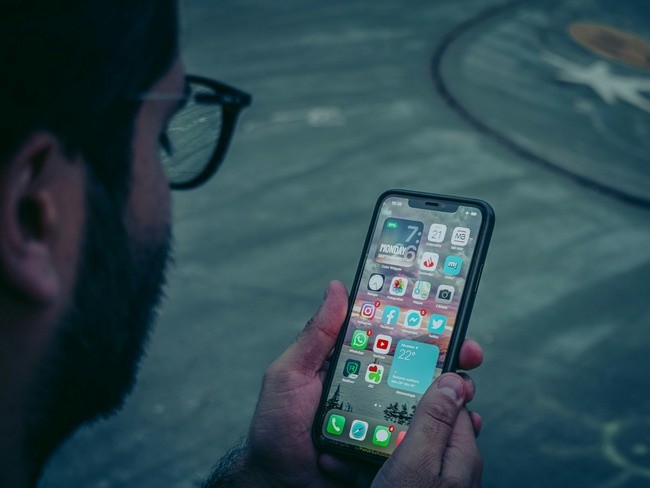
The most significant change that iPhone consumers have ever encountered will come from the employment of advanced AI features that will be included in the upcoming iOS 18 edition. This action, which is slated to take place with the debut of the iPhone 16 this coming autumn, demonstrates Apple's dedication to improving privacy and cybersecurity measures while creating cutting-edge technology.
Apple's AI Focuses on Speed and Privacy Securities
According to the latest news from various sources, Apple will release its own LLM chatbot similar to ChatGPT to run its popular generative AI features, along with the other expected features that will be introduced on the iPhone 16. While not as advanced as the AI capabilities of other competing companies, Apple's AI expertise still stands out for its focus on speed and privacy.
With the release of OpenELM, a collection of open-source AI language models intended for native smartphone operation, Apple has demonstrated its continued dedication to on-device processing. This proof-of-concept study establishes the foundation for Apple's upcoming AI products, which promise a seamless user experience without sacrificing privacy.
Apple's ambition to create AI systems that are quicker and smaller is supported by its acquisition of DarwinAI, a Canadian business that specializes in AI optimization. On-device processing for enhanced efficiency powers Siri upgrades and app auto-completion/summarization features, which customers may anticipate in iOS 18.
It is reported that the A18 Pro chip, which has a bigger die size for improved AI performance, will be found in the next iPhone 16. This implies that users of the iPhone 16 can take advantage of a wide range of AI features, while users of less powerful smartphones can only be able to access basic AI features.
The tech giant is totally dedicated to giving users the best interface experience across its broad range of products just like it is indicated by AI optimization included in its approach.
Apple Going with the AI Wave, Setting Themselves Apart From Competitors
On-device AI processing is not only a follow-up to but also one of the elements of Apple's long-standing privacy policy, which is one of the central features of the corporate identity. To this end, on-device processing preserves user privacy by preventing any external transmissions and tightening security but lowering latency for faster response time. Customers' confidence in Apple technology is increased because they can relax knowing that they still have control over their data.
Users' top worries in the competitive AI market are security and privacy. Apple sets itself apart from competitors like Google by focusing on on-device processing and its data-intensive artificial intelligence methods. Although Apple's approach offers a tempting alternative for users seeking ultimate security without sacrificing functionality, Google likewise prioritizes customer privacy.
The iPhone's AI destiny is currently a topic of discussion since Apple is expected to launch iOS 18 in June 2024 at its Worldwide Developers Conference (WWDC). Apple is ready to establish new benchmarks for on-device AI processing, and discussions on possible collaborations with OpenAI and Google are underway.
The promise of iOS 18 signals the beginning of a new age of innovation and security in smartphone technology as users wait for more information.
© Copyright 2025 Mobile & Apps, All rights reserved. Do not reproduce without permission.

















